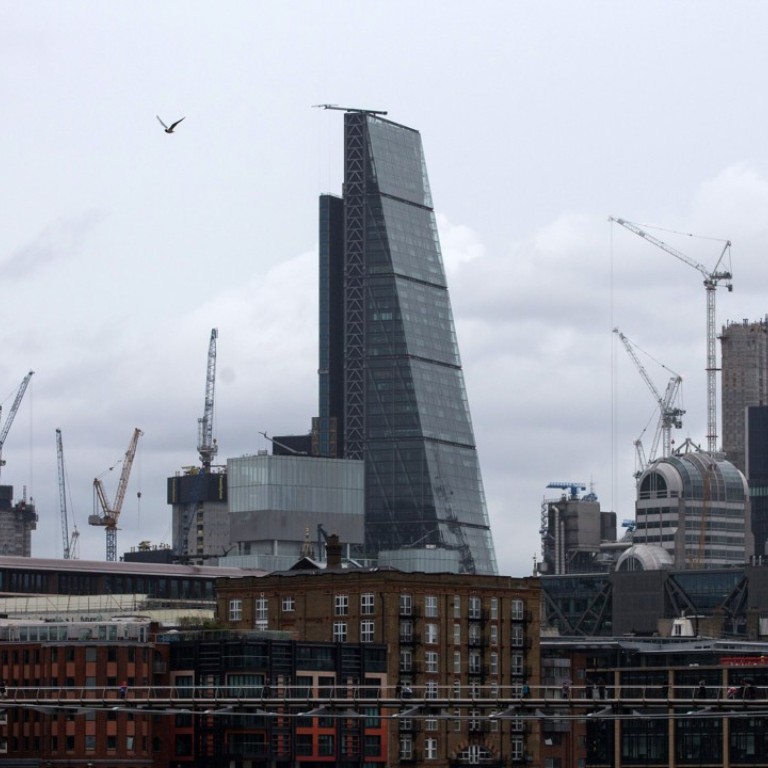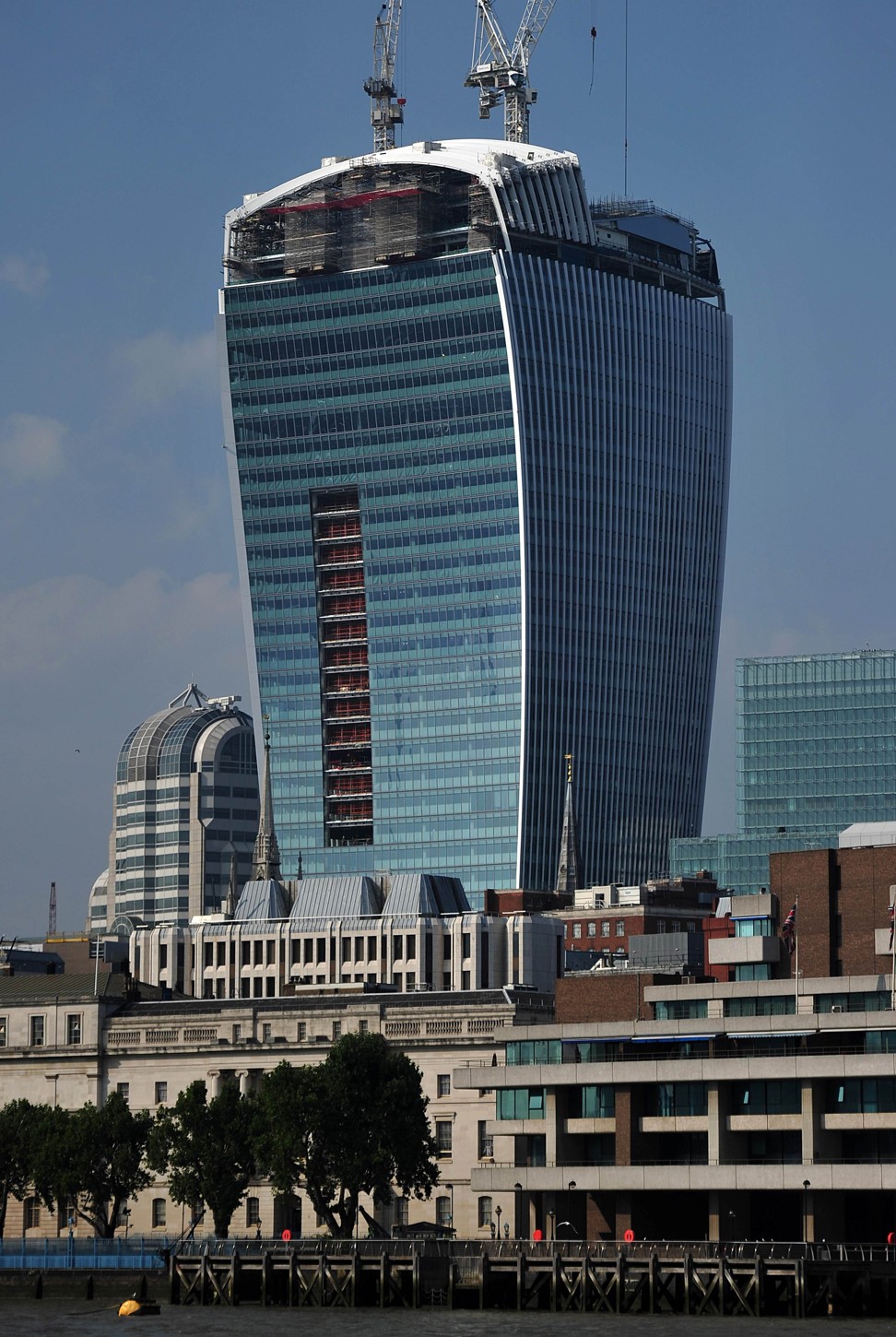
Asian investors pouring money into Europe’s real estate and logistics property markets
Investments in commercial property and logistics real estate have lifted non-European investors’ share of the market to 40 per cent, while markets outside the UK are attracting more attention
Asian capital is pouring into Europe’s real estate markets, led by commercial property deals by Hong Kong and Chinese investors and by logistics platform acquisitions, and is increasingly looking beyond the traditional favoured destination of London to other cities across the continent.
In the fourth quarter of 2017 alone, Asian investors put some 16 billion euros (US$18.8 billion) into European property in deals worth over 5 million euros, up from just below 6 billion euros the quarter before and compared to around 6 billion euros in total for deals of the same size in the whole of 2012, according to property data analysis firm Real Capital Analytics.
North American investors have spent more than Asian players so far in 2017, but the lift from Asia has led to a record share for non-European investors of almost 40 per cent of the European market, roughly double that of 2012, the company said.
“The wave of capital is really starting here in Asia and coming up against the European shores. We are seeing a huge amount of capital flow into the market,” said Simon Mallinson, executive managing director at Real Capital Analytics, speaking at the MIPIM Asia property conference in Hong Kong. “What that is leading to is a record share for global players in Europe.”
Hong Kong players alone have spent US$7.3 billion in London so far this year, according to Real Capital.
In March London’s Leadenhall Building, better known as the “Cheesegrater”, was bought by Hong Kong-listed property developer CC Land Holdings for £1.13 billion (US$1.5 billion), while in July the
20 Fenchurch Street property, known as the “Walkie-Talkie”, was sold to sauce maker Lee Kum Kee International Holdings for £1.3 billion in a record transaction for a single building in the UK.

Despite political uncertainty after the UK voted to leave the European Union in June 2016, London remained the top target market for Asian property investors, with Frankfurt coming in second and Amsterdam third.
“London remains the major destination for Asian buyers, especially first-time buyers, due to liquidity, a sophisticated legal system, a simple tax structure and it being an English-speaking country,” said Henry Chin, head of research for the Asia-Pacific at CBRE.
“However, we see that Asian investors are expanding their radar outside London as well as outside the UK”, he said, with many South Koreans targeting cities like Frankfurt, Berlin, Austria and Amsterdam, for higher yields.
Germany has been a particular target, with the total amount of Asian property investment into Germany for the first half of 2017 surpassing that for the whole of 2016, according to Chin.
“Germany has always been a safe haven,” said Jan Jescow Stoehr, director of risk management at real estate investment firm KamAm Grund Group, at the conference. “It is a very strong country with a strong economy – there is a small layer of political uncertainty but it won’t have an impact globally. Business is driving investment demands from outside.”
Several international banks including Morgan Stanley and Citigroup have said they are planning to move thousands of London-based jobs out of the UK following Brexit, and may choose Frankfurt as their new trading hub inside the European Union.
But competition from domestic players in Germany could hinder Asian investment, according to Tom Leahy, a senior director at Real Capital Analytics. While UK institutions have largely left prime assets to overseas buyers from Asia and the Middle East, German domestic competition is stiffer, he said.
Another area where Asian money is increasing its prominence in Europe is in logistics properties, with investors showing signs of looking beyond the traditional UK market in search of higher yields.
In October Asia’s biggest warehouse operator, Singapore-listed Global Logistic Properties, acquired European industrial property company Gazeley for US$2.8 billion in its first push into the continent.
Private equity group Blackstone sold the European logistics real estate company Logicor in June to China Investment Corporation for 12.25 billion euros in the largest recorded private equity real estate deal in Europe.
“Some big American players are building big logistics platforms which are then being sold on to more long-term investors: built using American-backed capital and sold to Asian-backed capital. Logistics is powering ahead in terms of activity,” said Real Capital’s Mallinson.

